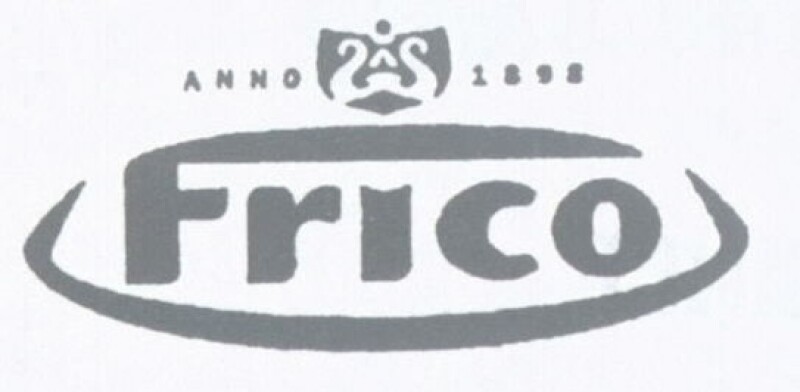The concept of ‘vested rights’ is notable in Turkish trademark law, as it serves as a strong defence against potential refusal of a later mark because of the likelihood of it causing confusion concerning an earlier one.
In February and May 2024, the Turkish Court of Cassation provided another reminder of the importance of vested rights in two decisions related to court proceedings between the same parties.
The below chart illustrates the parties’ trademarks.
Plaintiff’s trademarks | Contested trademarks | Earlier trademarks of the defendant |

| Mark 1 
Mark 2 
(both filed in 2016) |

(1988) 
(2000) |
As could be predicted after reviewing the above chart, the plaintiff challenged the defendant’s ‘Frico’ marks – which are seeking registration for “milk and milk products; cheese and cheese products; edible oils and fats; butter and butter oil” under class 29 of the Nice Classification – by arguing likelihood of confusion with its ‘Frigo’ marks, which are also registered in class 29, inter alia, and the well-known status of the ‘Frigo’ trademark, which is indeed a famous ice cream brand in Turkey, first launched in the 1950s and that had great success at that time.
In fact, the ‘Frico’ marks as shown above have been subject to two separate court proceedings.
The courts’ findings in the two cases
In the proceedings against Mark 2, the first-instance court decided that the parties’ trademarks are not confusingly similar at all, and the plaintiff failed to prove that the contested mark would take unfair benefits from, or harm the reputation or the distinctive character of, ‘Frigo’ marks.
The regional court of appeals did not agree with this reasoning, and concluded that the parties’ trademarks are indeed similar, and they cover similar goods in class 29, but the defendant has registered rights for the ‘Frico’ mark since 1988 in Turkey and uses its ‘Frico’ trademarks in Turkey, so Mark 2 should be considered as a serial of these earlier rights, and the prior registrations confer vested rights to the defendant and allow the registration of the fresh filing. This decision of the regional court of appeals has been upheld by the Court of Cassation as well.
In the proceedings against Mark 1, the first-instance court concluded that the parties’ trademarks cover similar goods in class 29, that the plaintiff’s ‘Frigo’ marks have no meaning in Turkish and they enjoy reputation and enhanced distinctiveness, and that the ‘Frico’ and ‘Frigo’ marks have an average degree of similarity. However, the court also found that the defendant has registered rights for the ‘Frico’ mark since 1988 in Turkey and uses its ‘Frico’ trademarks in Turkey, so Mark 1 should be considered as a serial of these earlier rights, and the prior registrations confer vested rights to the defendant and allow the registration of the fresh filing. This decision of the first-instance court has been upheld by the regional court of appeals and the Court of Cassation as well.
Implications of the decisions concerning earlier trademark rights
These decisions approved and finalised by the Court of Cassation are important in drawing attention to the significance of earlier rights, which may confer vested rights to the registrant to obtain new registrations for its later trademarks. Even if it can be concluded that the later trademark may create a likelihood of confusion with a third party’s trademark, the applicant still has the chance to overcome a possible refusal based on its prior registrations, which are required to incorporate the same main element, and to seek registration for the same and similar goods and services with the new filing.
With regard to the concept of vested rights, it should be noted that the Turkish judiciary investigates the use requirement for the earlier trademark registrations, and expects the later filing to be considered as a serial of the earlier marks and not to resemble the third party’s trademark.













